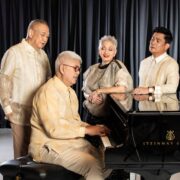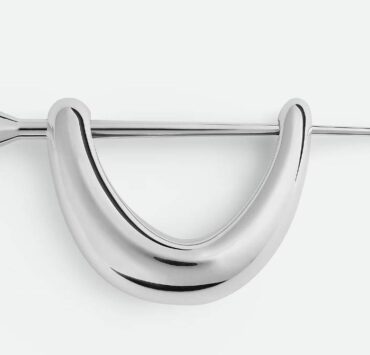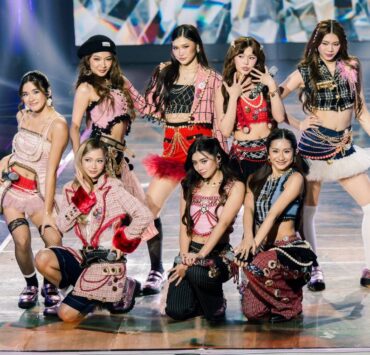Turning craft into livelihood and hope
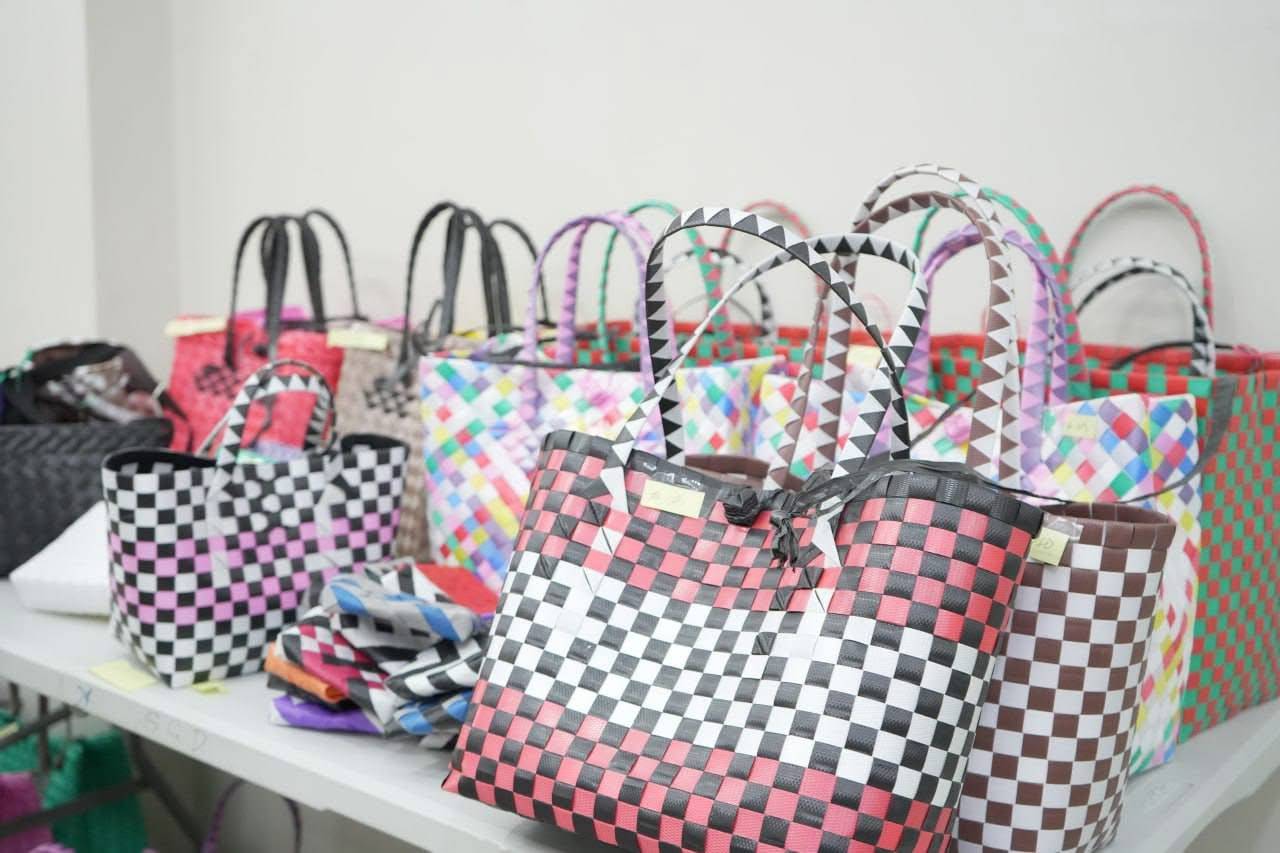
Each strand finds its place, a name at the heart of the weave, threads crossing and folding in. Stories gather here, memories settling slowly and deliberately, each piece seeking its home until a new story of empowerment quietly emerges.
In Caloocan, the Persons with Disability (PWD) Affairs Office has begun breathing life back into the old art of bayong-making. Here, artisans gather—not just to earn, but to remember what it feels like to shape something with their own hands, to find confidence again in the gentle rhythm of weaving.
Weaving as empowerment and enterprise
The program empowers PWDs through craft and business training, enabling sustainable livelihoods and personal transformation.
It began when Mayor Along Malapitan launched livelihood programs at a center in one of Caloocan’s barangays. Officers have since trained there, learning to weave bayong bags. In fact, Doris Solomon, president of Circle of Hope, even observed that this craft suits PWDs’ skills and strengths.
What began as a simple fundraiser has grown into clear proof: learning this craft empowers individuals, opening doors to livelihood and dignity, thus turning the program into what is now known as “Fashionable Bayong.”
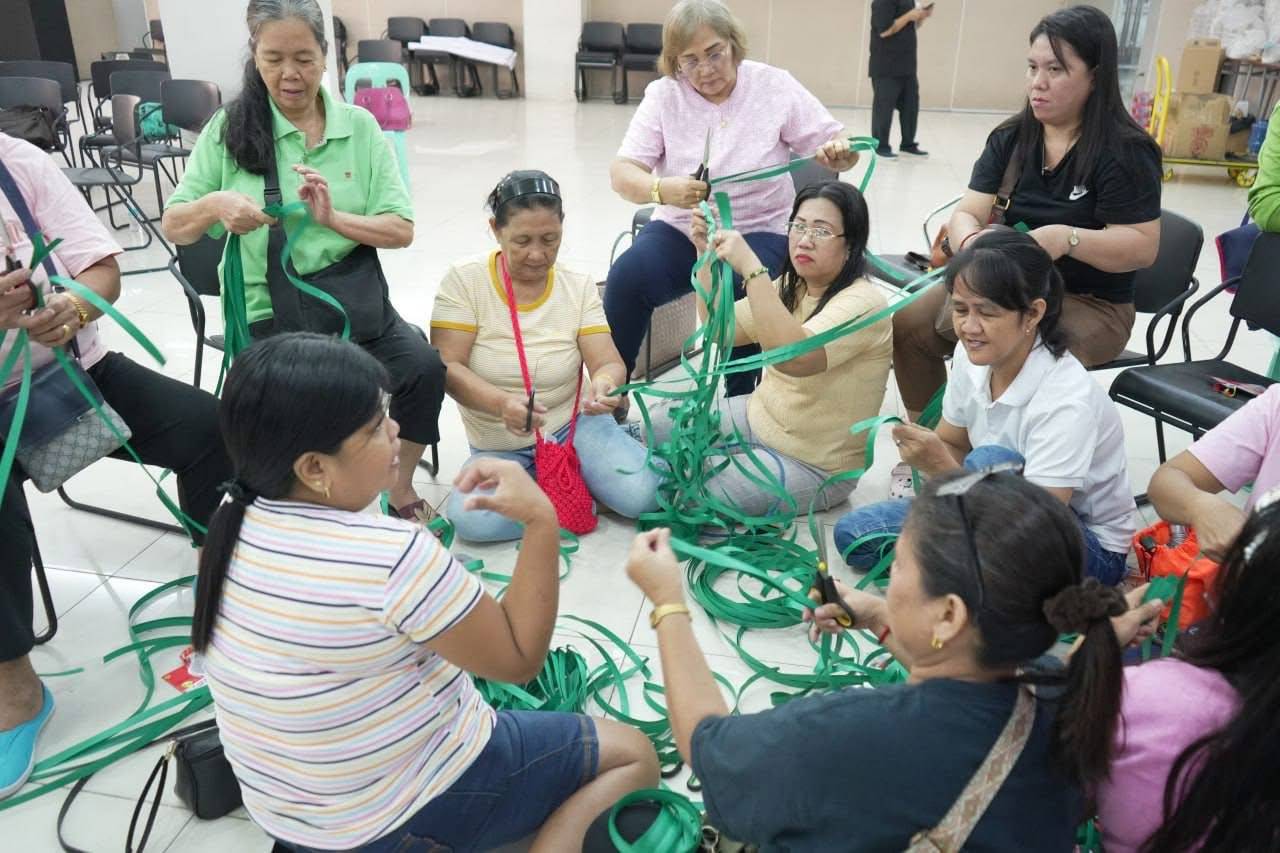
Reviving and redefining tradition
From pre-colonial times, bayong bags have carried not just goods but also everyday stories of indigenous communities. As the years passed, these woven pieces grew into quiet symbols of Filipino identity and craftsmanship, shaped by skilled hands and tradition.
Today, the craft continues to evolve—contemporary designs blend style with sustainability. The bayong has become both a reflection of personal flair and a celebration of cultural heritage, reaffirming the value of reusable, eco-friendly materials.
This initiative quietly reveals how environmental awareness and social inclusion can coexist within a single livelihood project. Buying a locally woven bayong is both eco-friendly and a direct endorsement of PWD artisans’ empowerment. Their work now offers creative expression, income, and dignity.
And yes, each piece is woven with purpose.
Toward a future of visibility
People are becoming more aware of these pieces. What started as simple walk-ins to check on the products has now turned into bulk orders, with bayongs being bought as giveaway bags and gifts. As the holidays approach, orders continue to line up, and the artisans behind the crafts find themselves busier than ever.
Each design is created with care and intention by those who share their stories through their hands. What used to be plain bags now carry meaning, culture, and resilience—woven together to hold not just items, but also the spirit of their makers. Stories carrying stories of those who hold the piece, functioning as a home for them.
Looking ahead to the new year, the organization envisions a broad training program and hopes to guide more hands into the gentle cycle of weaving—offering not just new bayongs, but new beginnings.













